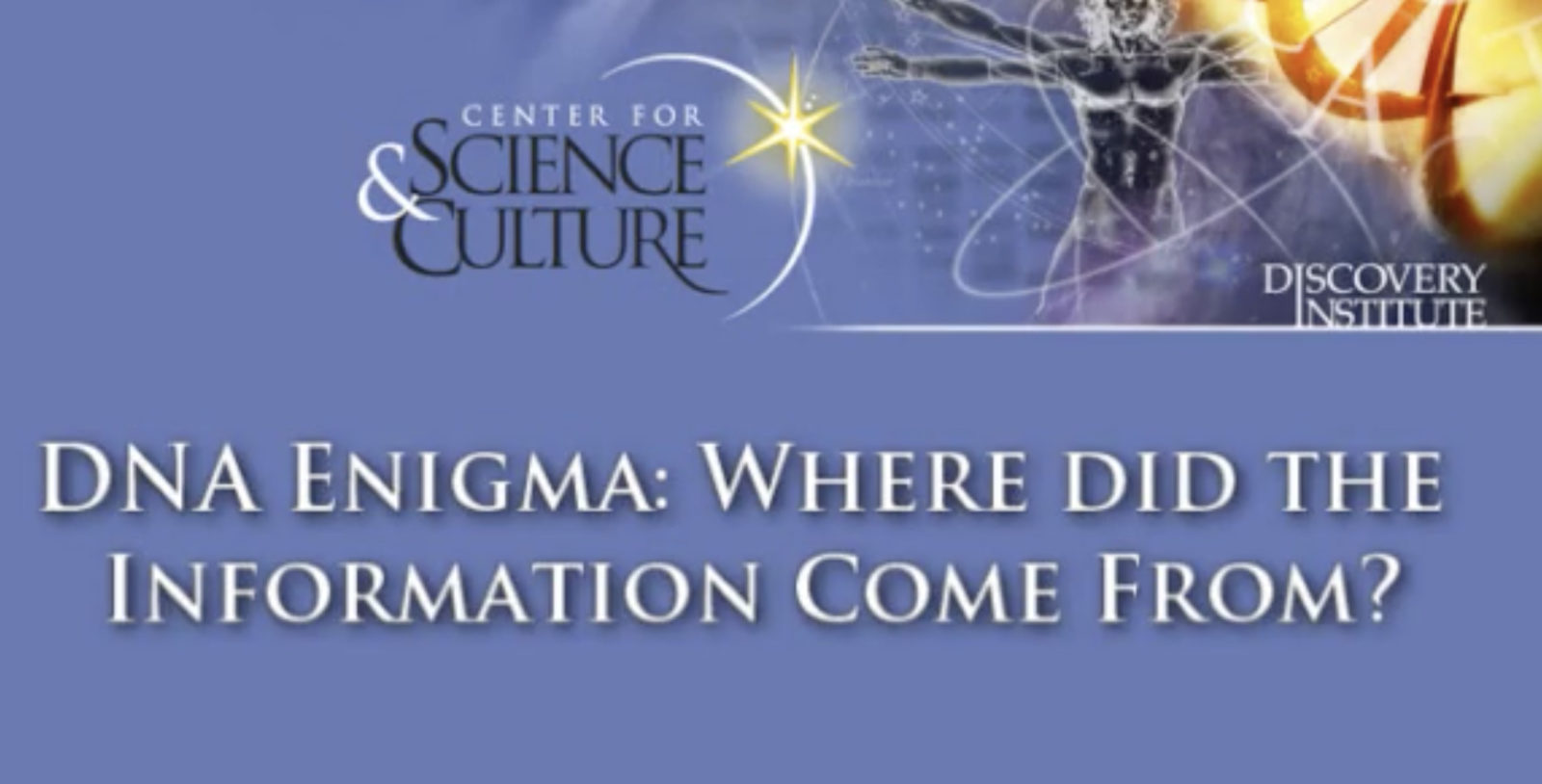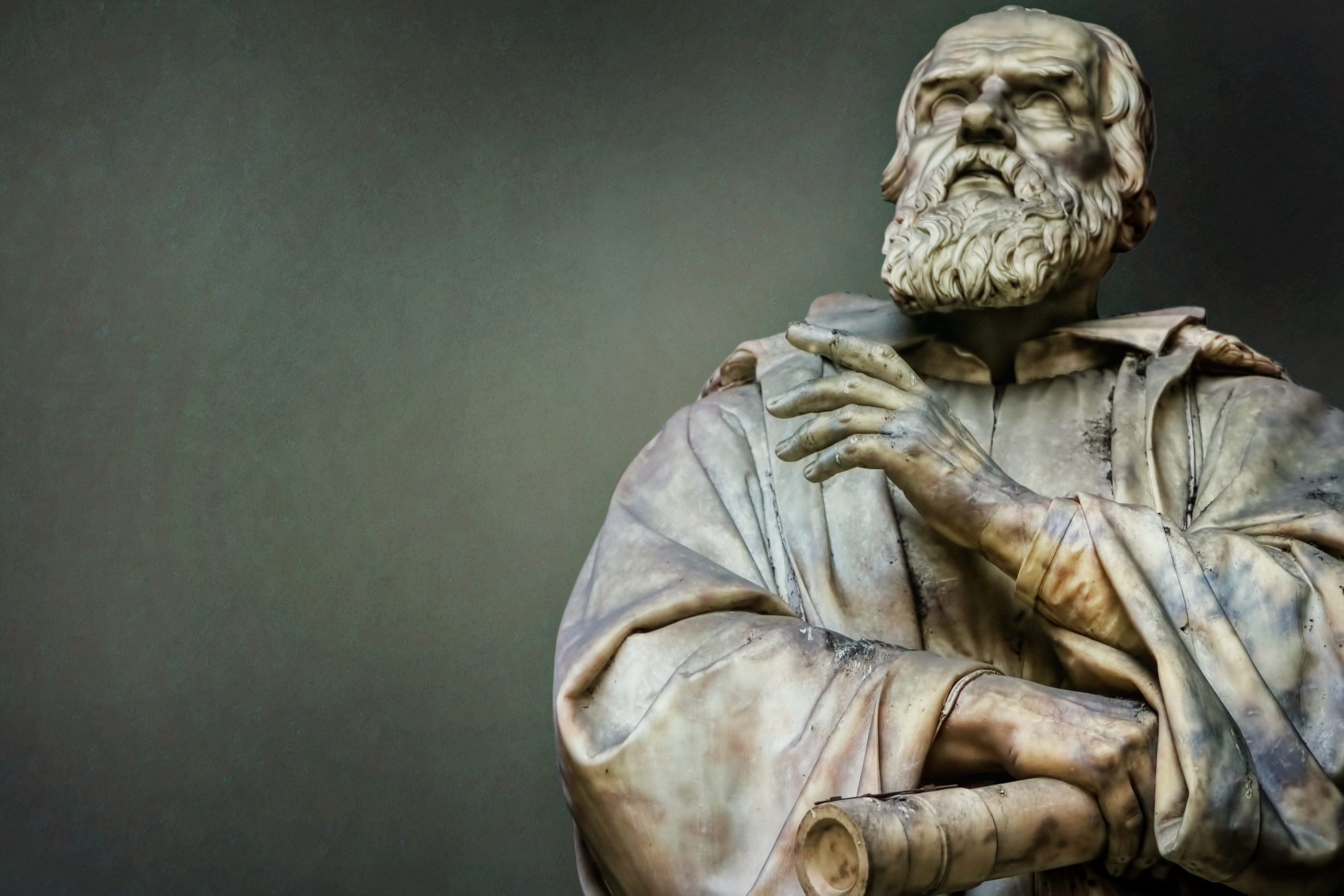
Did Founding Father Thomas Jefferson Support Intelligent Design?
In the battle over how to teach evolution in public schools, Thomas Jefferson’s demand for a “separation between church and state’’ has been cited countless times. Many argue that the controversial alternative to Darwinian evolution, intelligent design, is an exclusively religious idea and therefore cannot be discussed under the Constitution. By invoking Jefferson’s principle of separation, many critics of intelligent Read More ›


